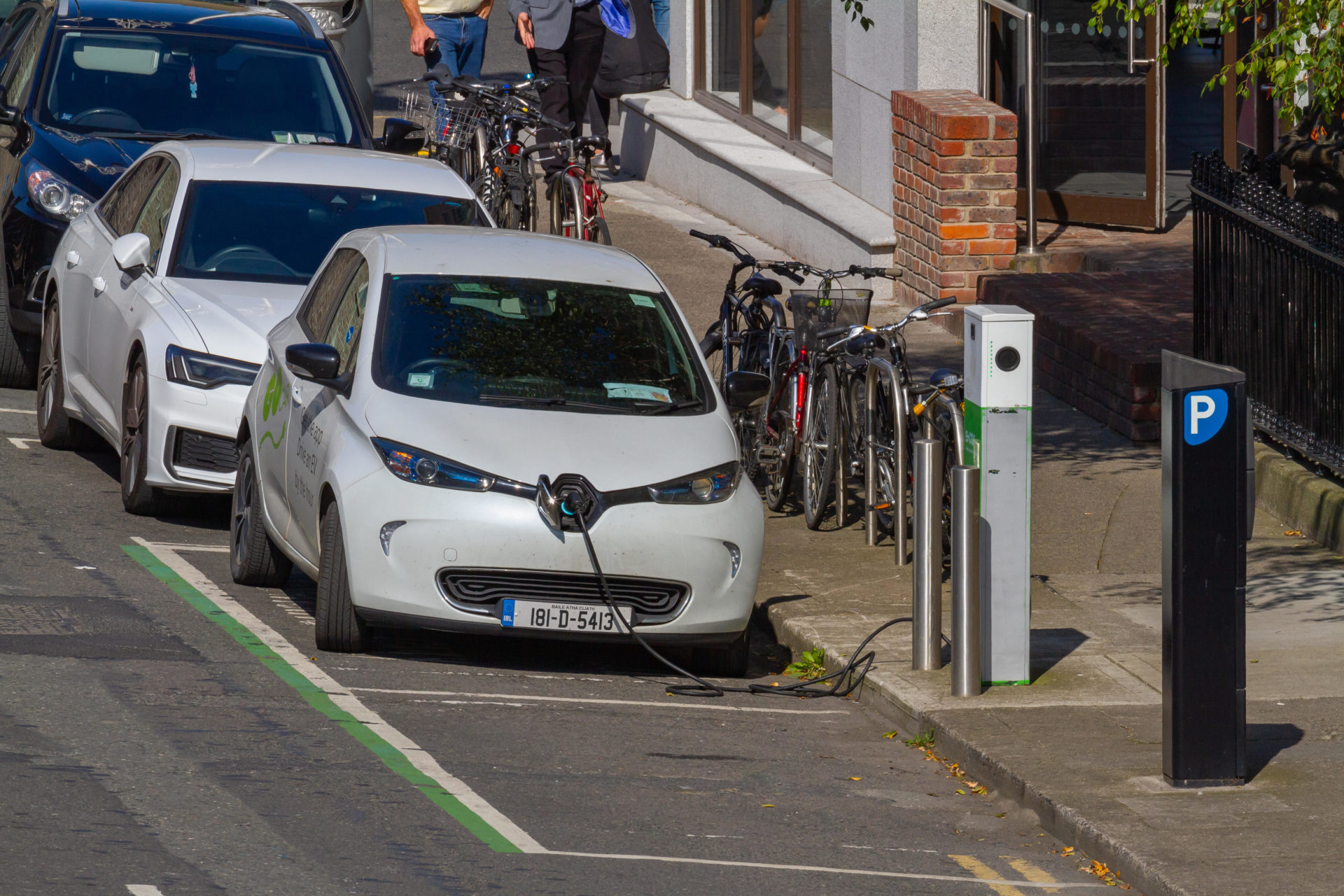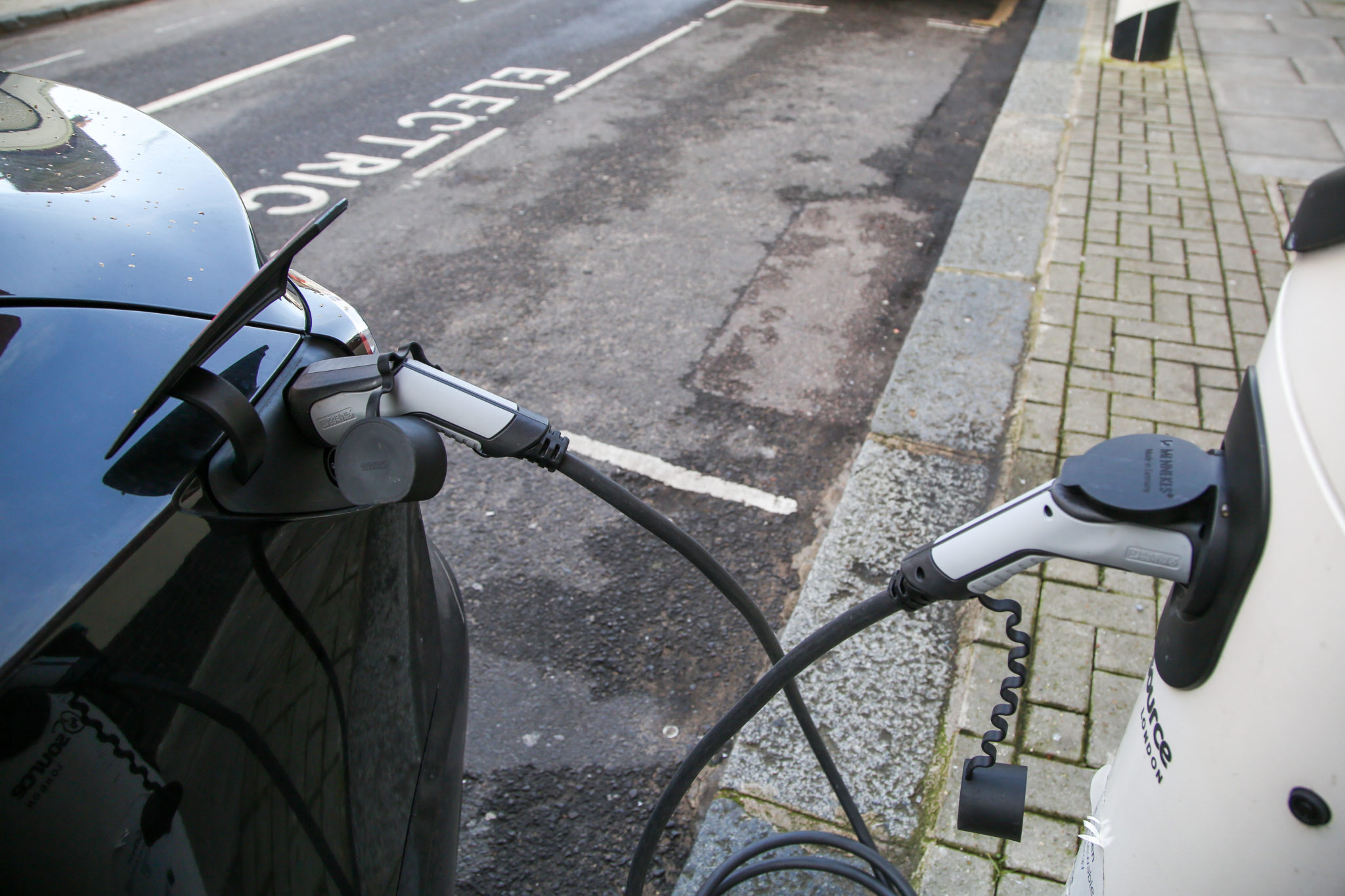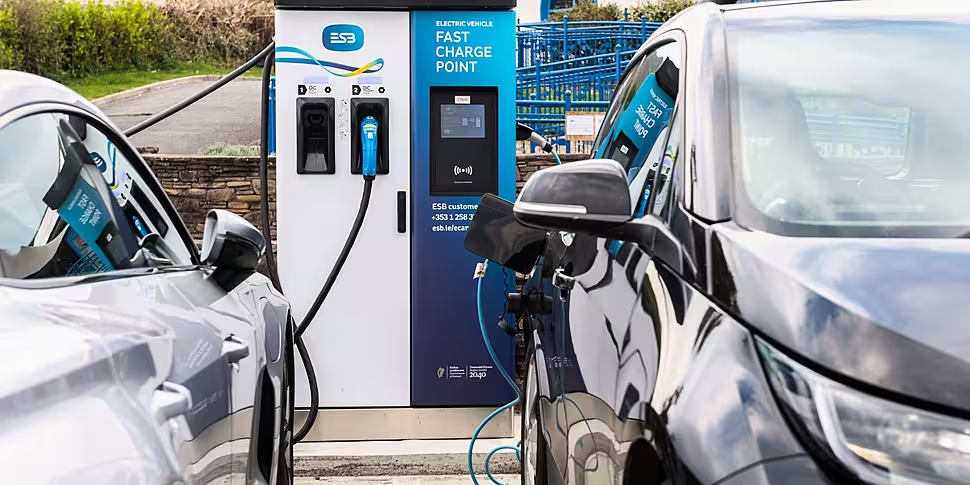Providing people on low incomes a grant of €10,000 to buy an electric vehicle would “pay for itself” in the medium-term, the Climate Change Advisory Council has said.
The council has recently published a review into the nation’s transport policy and recommended radical action in order to cut emissions.
On Newstalk Breakfast, Council Chair Marie Donnelly said “some progress” has been made in reducing emissions in the transport sector - but not nearly enough.
Previously, the Government hoped there would be one million EVs on Irish roads by 2030.
However, last year there were only around 118,000 and Ms Donnelly said increasing the grant for EVs would help to increase that figure.
“We’re looking for an additional target of support,” she said.
“This would be a grant of up to, say, €10,000, but it would be aimed at lower income households.
“Especially those that have limited access to public transport.
“For example, it could be limited to cars of less than €35,000.”
 An electric car vehicle plugged in at charging point station. Picture by: Alamy.com.
An electric car vehicle plugged in at charging point station. Picture by: Alamy.com.Ms Donnelly agreed that €10,000 is a “large sum of money”, adding that in the long-term it would help Ireland avoid EU fines for missing climate targets.
“[It would cost] about €3 billion between now and 2030,” he said.
“That would allow us to bring about 700,000 people into EVs and that would save us about 4 million tons of [carbon] emissions.
“But it would save us on fines and compliance costs in 2030 - so, it would pretty much pay for itself in that respect.”
 An electric Vehicle charging station. Image: SOPA Images/SIPA USA/PA Images
An electric Vehicle charging station. Image: SOPA Images/SIPA USA/PA ImagesMs Donnelly continued that switching to EVs would save consumers money in the long-term as well.
“The running cost for an average EV, for someone who is doing the average mileage, is a saving of about €1,500 per year for both fuel and maintenance costs - as opposed to a fossil fuel car,” she said.
“So, it’s an important cost of living saving for people as well.
“So, it’s a double whammy.”
From 2035, all new cars sold in the European Union must be electric.
Main image: A charging point in Dingle, County Kerry. Picture by: Andy Gibson / Alamy.









